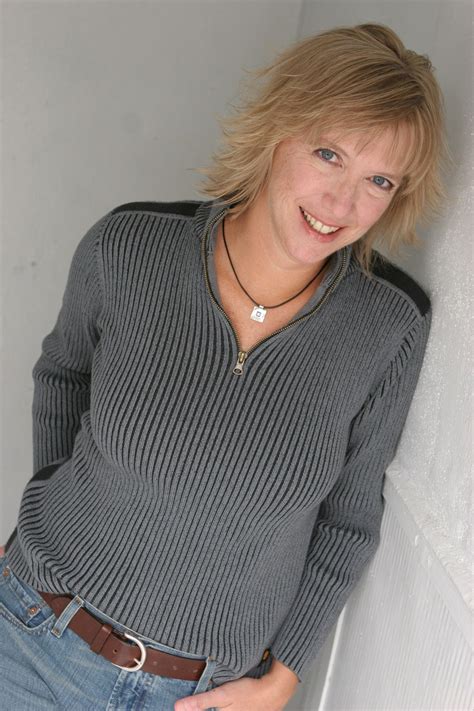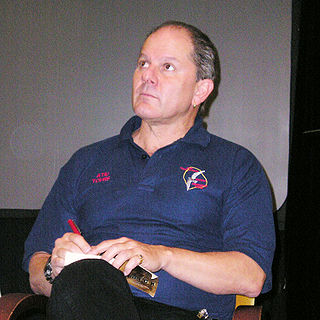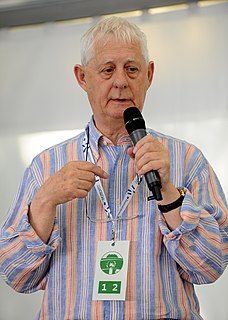A Quote by Seamus Heaney
Irish readers, British readers, American readers: is it odd that I haven't a clue about how differently they react? Or better say, I cannot find the words to describe my hunch about them.
Related Quotes
A reader is entitled to believe what he or she believes is consonant with the facts of the book. It is not unusual that readers take away something that is spiritually at variance from what I myself experienced. That's not to say readers make up the book they want. We all have to agree on the facts. But readers bring their histories and all sets of longings. A book will pluck the strings of those longings differently among different readers.
I often hear people say that they read to escape reality, but I believe that what they’re really doing is reading to find reason for hope, to find strength. While a bad book leaves readers with a sense of hopelessness and despair, a good novel, through stories of values realized, of wrongs righted, can bring to readers a connection to the wonder of life. A good novel shows how life can and ought to be lived. It not only entertains but energizes and uplifts readers.
People will ask me, "How do you approach writing books for young readers differently than for adults?" My answer is always: I don't change anything about the story itself. I'm going to tell kids the way things really were. What I don't do - and this is the only thing I do differently in writing for kids - is that I don't revel in the gory details. I allow readers to fill in the details as necessary. But I don’t force kids to have to digest something they’re not mature enough or ready for yet. If they are, they can fill in the details even better than I could, just with their imaginations.
I love the fact that so many of my readers are intelligent, exceptional, accomplished people with an open-minded love of diversity. But even more than that, I love it when my readers find lasting friendship with others of my readers - knowing that they met through their mutual affection for my books and characters makes me happy!





































